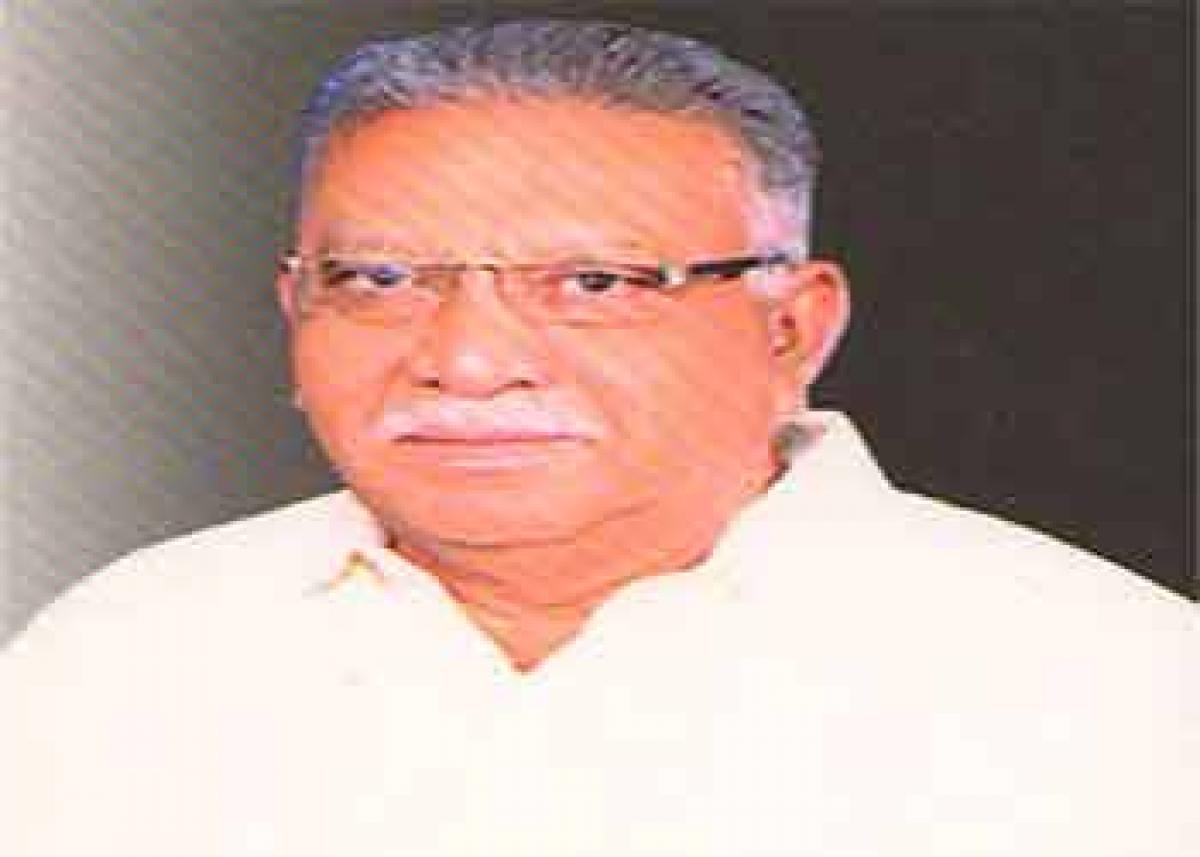Molla, an illustrious female poet

Noted historian Varadarajan wrote in his book- Study of Vaishnav Literature, "As the popularity of Molla spread, she was invited to royal court of Krishnadevaraya to recite Ramayana in front of the king and his poets"
Atukuri Molla (1440–1530) was one of the first poets who defied the existing norms of that era and translated Ramayana from Sanskrit to Telugu. Back in the day where women were scarcely educated, translating Ramayana is a big feat. Popularly addressed as Molla aka Mollamamba, she was born to a potters’ family in Kadapa district. Molla is the second female Telugu poet after Tallpaka Thimakka (wife of Annamacharya) who wrote Rukmini Kalyanam.
Molla’s father Kesana was a potter in Gopavaram, a village in Badvel mandal, eighty kilometres north of Kadapa. Kesana was a Shaivaite and an ardent devotee of Srikantha Malleswara (an incarnation of Lord Shiva). He named his daughter ‘Molla’ also for his ardent devotion to Shiva for Molla, means 'Jasmine', the favourite flower of Srikantha Malleswara. He also nicknamed her as Basavi in reverence to Basaveswara (another incarnation of Lord Shiva).
Molla considered Lord Shiva as her Guru. It is widely believed that she drew inspiration from Potana, who wrote Bhagavata Purana in Telugu. Like him, she was also a Shaivite, but on the contrary she wrote the story of Rama (an incarnation of Vishnu) and also refused to dedicate her Ramayana to any king, breaking the conventional practice followed by poets of that era.
Noted historian Varadarajan wrote in his book- Study of Vaishnav Literature, “As the popularity of Molla spread, she was invited to royal court of Krishnadevaraya to recite Ramayana in front of the king and his poets.” She spent her later years at the temple of Lord Srikantha Malleswara in Srisailam.
Her work is known as Molla Ramayana and is considered to be the simplest of all Ramayans written in Telugu. She primarily used simple Telugu words and used Sanskrit words very rarely unlike poets of earlier era like Tikkana who used Sanskrit predominantly.

Her humility has been embedded into her writings as she paid a profound debt to all the scholars who had written Ramayana before. The opening poem of her book says - "Ramayana had been written many times. Does someone stop taking food because it has been taken every day? So is the story of Rama and one can write, read and love it as many number of times as possible."
She added fictional accounts to original stories and in some instances, removed some portions from the original story. Unlike the Sanskrit-to-Telugu translation works from earlier poets like Tikkana which followed the exact story sequences in the original work, she was contemporary to Srinatha and poets of the Vijayanagara Empire, who created Prabhandas which are known for adding fictions.

















